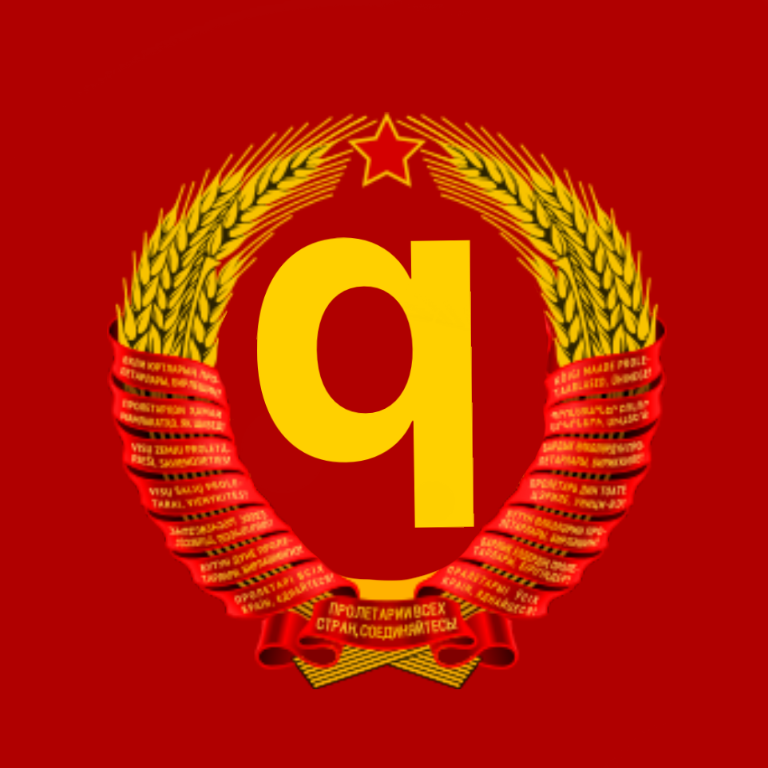I noticed this some time ago, there was some tweet in Portuguese that I noticed I could kinda read by using the context of the words that I do understand.
To see what I mean just look at how similar these are:
ES: Hola, ¿Cómo estás?
PT: Olá, como está?
ES: Buenos días
PT: Bom dia
ES: Dinosaurio
PT: Dinossauro
If you understand Spanish but not Portuguese (or the other way around) I invite you to try to read the one you understand, it’s wild just how similar they are.
I can’t write in Spanish as every language has different rules for how it’s spoken, but I certainly can understand it as well. I read some pages from Ruy Mauro Marini in Spanish about the 1973 Chile coup, and just a few words I couldn’t figure out at first like “desarollo” for development, which in Portuguese would be “desenvolvimento”
We’ve also had romantic talks over Matrix speaking with each other in each other’s languages. 👉👈
boludo
I see you’re fluent in Argentinian.
La palavra en kasteyano “ desarrollo ” En lashon ladino seriya “ desarroyo ” kasi igual komo se dize en lashon kasteyano .
I can also reand and understand Italian and to some extent French, too, understanding it from ear is another issue though.
Depending on the accent, I can follow along to a Portuguese or Italian conversation too. Reading is much easier though
what’s a language and what’s a dialect depends on the self identification of speakers. Catalan is similarly mutually intelligible as Portuguese is with Spanish and Occitan or Lang d’òc is similarly mutually intelligible with Catalá
at some point in the last couple of hundred years all the romance languages were to varying degrees “unified” under national projects as “Spanish” “French” “Italian” etc where before there had existed a multitude of local dialects existing on a spectrum of divergence from their origins in Latin and with varying introductions from many other cultures.
in northern Europe, German and Dutch are mutually intelligible as are Danish and Swedish






